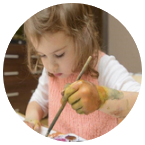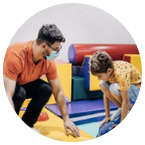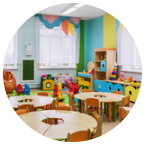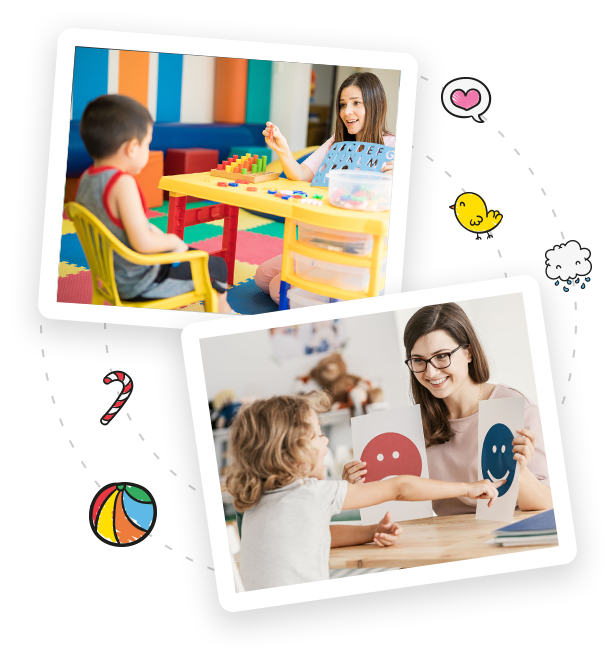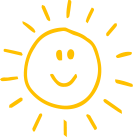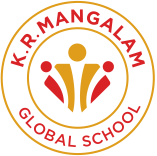An International Baccalaureate Education!
The International Baccalaureate is a curriculum inspired by insights of some of the progressive educationists such as John Dewey, A.S Neill, Jean Piaget, and Jerome Bruner. What conspired because of their philosophy and researched-based discoveries was a globally minded education, based on student centered learning and interactive curriculum. The IB supports schools in the implementation of four high-quality programmes of international education:


